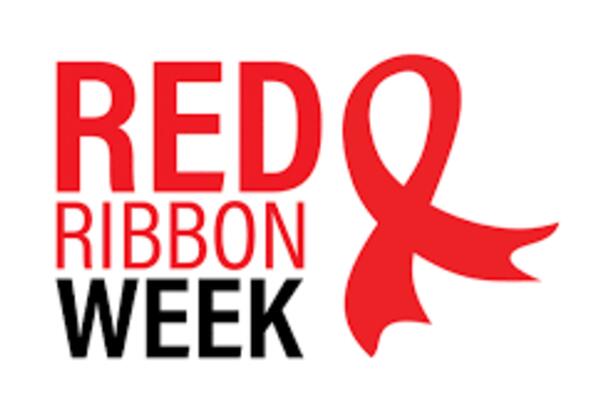
Red Ribbon Week is the nation’s oldest and largest drug prevention awareness program, which encourages a commitment to a drug-free society by wearing and displaying red ribbons during the week-long campaign. In support of these efforts, the La Habra City School District’s Board of Education passed a resolution to encourage our students, staff, and families to help prevent drug and alcohol abuse by taking the pledge: Respect Yourself. Be Drug-Free.
Red Ribbon Week is especially timely this year as our nation is facing a frightening epidemic that is taking the lives of many young people in Orange County and our surrounding areas. The dangerous drug fentanyl is devastating families and we want you to be informed and partner with us to create awareness in the community.
What is Fentanyl?
Fentanyl is a synthetic opioid typically used to treat patients with chronic severe pain or severe pain following surgery. Under the supervision of a licensed medical professional, fentanyl has legitimate medical use. Fentanyl is often pressed into counterfeit pills made to look like legitimate prescription opioids such as oxycodone or even anxiety medications like Xanax. Because it is cheap to produce, it is also showing up in other street drugs like cocaine, heroin, and MDMA. Drug dealers are substituting or mixing in fentanyl because it is more potent, addictive, and cheaper.
According to U.S. Centers for Disease Control and Prevention, fentanyl is roughly 50 times stronger than heroin and about 100 times more powerful than morphine. Even one pill can have fatal consequences, and many fentanyl victims do not know they are taking the drug. The Drug Enforcement Agency (DEA) is especially advising the public of an alarming trend of colorful fentanyl, referred to as “rainbow fentanyl,” which is available across the United States. Drug traffickers have made these pills look like candy or colored sidewalk chalk that comes in a variety of bright colors, shapes, and sizes to appeal to kids and young adults.
Statistics About Fentanyl Among Youth
According to the California Department of Public Health:
- Emergency department visits related to non-fatal opioid overdoses in California's youth ages 10-19 years more than tripled from 2018 (379 total) to 2020 (1,222 total).
- Opioid-related overdose deaths in California's youth ages 10-19 years increased from 2018 (54 total) to 2020 (274 total), marking a 407 percent increase over two years, largely driven by fentanyl.
- Fentanyl-related overdose deaths in California's youth ages 10-19 years increased from 2018 (36 total) to 2020 (261 total), a 625 percent increase.
We’re Here to Help
Together, we can raise awareness in our community. We encourage you to communicate the dangers of fentanyl to your children and utilize the fentanyl facts provided here. We would like to remind you that anyone can report or notify school staff of incidents or actions that may pose a danger to students or the school through our Let’s Talk communication portal on our website.
The safety and well-being of our students, staff, and families is our top priority. On behalf of the Board of Education, we thank you for your partnership in helping to protect and educate our students. Let’s work together to keep this threat away from our schools.

.png)